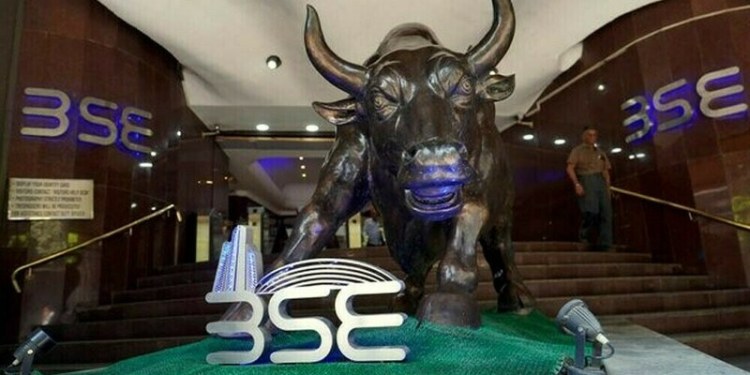Import of finished rubber products has gone up by 100 per cent in past three years, putting pressure on the domestic manufacturing sector, which has been ailing due to the inverse duty structure.
As per the export-import data released by the ministry of commerce, import of finished rubber products has gone from Rs 3,810 crore in 2009-10 to Rs 7,608 crore in 2012-13. There are 78 rubber products imported from countries with which India has free trade agreement.
“The most disturbing aspect is that all the raw materials for rubber industry attract higher rates of import duty than finished rubber products. While finished goods can be imported at a duty of 2.5 to 10 per cent, the import duty on all key raw materials ranges between 10 to 70 per cent”, said Niraj Thakkar, president, All India Rubber Industries Association (AIRIA).
Low import duties on finished goods have rendered Indian manufacturing of rubber products by SMEs uncompetitive in several product areas. Manufacturers are turning traders of imported goods compromising Indian manufacturing and resulting in loss of jobs, he said. There are about 5,000 SME rubber units in the country accounting for the largest segment in SME clusters.
Most of the import consists of low quality, low-tech products, while Indian units are capable of manufacturing far superior products, he added.
Amongst the rubber SMEs, the worst affected are dipped rubber goods manufacturers especially balloon manufacturers, who mainly depend on latex as raw material. With import duty of 70 per cent on natural rubber latex, India has lost the competitive advantage of manufacturing dipped rubber goods, despite superior technology and availability of skilled manpower.
The balloons from China, Malaysia, Singapore, Thailand and Sri Lanka are being imported at a nominal duty and are far cheaper than Indian manufactured balloons. According to AIRIA’s estimate, the balloons imported from Sri Lanka have already captured 50 per cent of Indian market. It is feared that the Indian balloon industry might get wiped out in five years, said Thakkar.
Similarly rice mill rubber rollers’ manufacturers are facing severe competition from imported rollers coming from China, Vietnam and other South Asian countries. De-husking rollers are being imported with a duty of 2.5 per cent. The raw material for rollers is synthetic rubber, which attracts a duty of 10 per cent .The inverted duty in rice rollers is forcing manufacturers to shut down their units and turn importers traders. Meanwhile, the import duty of the rollers is 80 per cent in China.
In a representation made to secretary, department of industrial policy & promotion (DIPP) and director general of foreign trade (DGFT), AIRIA has asked to make import duty on finished rubber products higher than that on raw materials so that Indian manufacturers get a level playing field.
It also asked for a national policy on rubber on the lines of national policies for petroleum, textiles and information technology.
Source: mydigitalfc.com


























